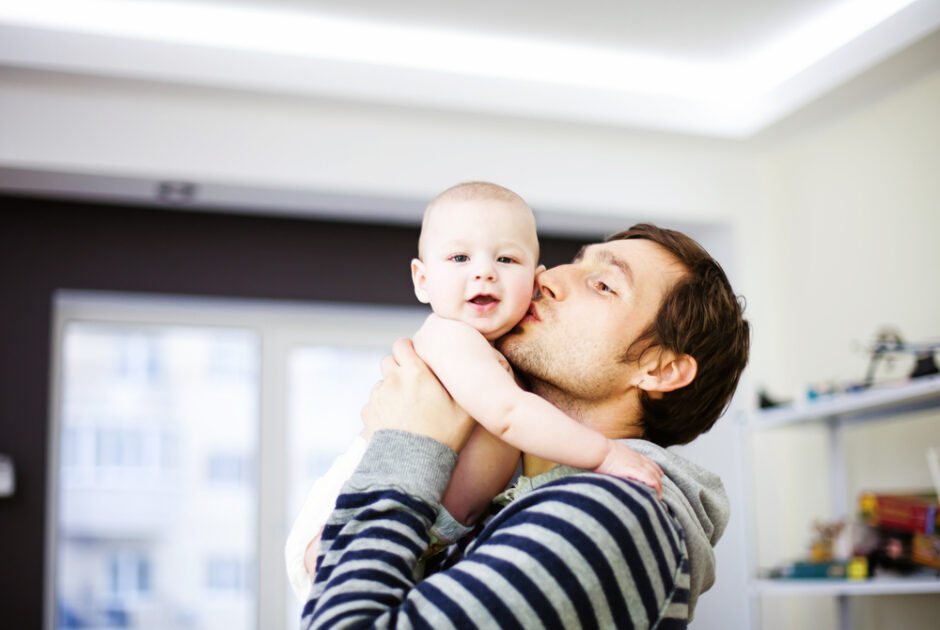Access, guardianship and custody – how does it work?
If you’re a single parent, here’s where you stand with legal rights and responsibilities to your child

You may find yourself parenting alone due to a variety of circumstances. If you are a single or unmarried parent, it is important to know and understand your legal rights and responsibilities when it comes to your child.
What is the difference between access, guardianship and custody?
There are three different types of legal arrangement when it comes to raising your child: guardianship, custody and access.
Guardianship
Guardianship rights allow the parent of a child to make important decisions regarding that child’s upbringing. The guardian is responsible for maintaining and caring for their child. They have the right to make decisions about their child’s life, such as their school, religion, and medical care.
Custody
Custody is the responsibility a parent has for the day-to-day care of a child. A parent with custody will be the parent who lives with the child, makes sure they are fed and clothed, and looks after all their daily needs.
Access
Access is an arrangement that allows a child and a parent who do not live together to spend time together. It is usually for a specified amount of time every week, fortnight or month. It doesn’t mean that this parent can make decisions about the child’s life, but it does mean they get to see the child and spend time together on a regular basis.
What’s the difference between guardianship and custody?
Both parents might be guardians of the child and have the right to make decisions about the child’s life. However, it is possible that only one of these parents will look after them on a daily basis. It’s possible to be a child’s guardian, but only have occasional custody.
What are my legal rights as a single or unmarried parent?
Whether you have guardianship, custody or access rights to your child depends on several factors.
Do both parents have automatic guardianship rights?
If a child is born outside of marriage, the person who gives birth to a child has an automatic right to sole guardianship, even if the other parent is on the birth certificate. Married parents of a child are joint guardians and have equal rights in relation to the child.
I want to get access to my child. What should I do?
If you get on well with the child’s guardian, then you might be able to come to an informal agreement between yourselves about access. Make it clear to them that you want to see your child on a regular basis, and then you can agree a time and day that suits you both.
If you don’t get on so well with your child’s guardian, and can’t agree to an access arrangement, there are some other routes you can take. Legal Aid offer a family mediation service. This is when a trained professional meets you both and tries to help you come to an agreement. This service is free of charge.
If this fails, you can apply for access through the District Court. This might be confusing and daunting, but it is worth it to try get access to your child. You can get in touch with the Free Legal Advice centre for help in doing this. If your application is successful, the court can set the time, place, and duration of your access.
Can I become the child’s guardian?
The parent who gives birth to the child is the only automatic guardian of the child, and the other parent does not have any automatic legal rights. However, if the guardian agrees, they can sign a form in the presence of a peace commissioner that gives the other parent joint-guardianship rights.
If the child’s guardian does not agree to grant you guardianship, you can apply through the local District Court. The court will make a decisions with the child’s best interests in mind, but more often than not, they will grant joint-guardianship.
I’m an unmarried parent without access or guardianship to my child. Do I still need to pay maintenance?
Yes, you do. Unmarried parents are legally obliged to pay maintenance to look after your child, whether you have access, guardianship or not. Find out more about child maintenance.
Need more information?
We are here to answer your questions and talk through your options. Our online chat service is for 16 to 25 year olds and is available Monday to Friday, 4pm to 8pm. Chat to us now about your situation.
- Chat now to a trained Youth Information Officer
- Or leave us a message and we will email you back





